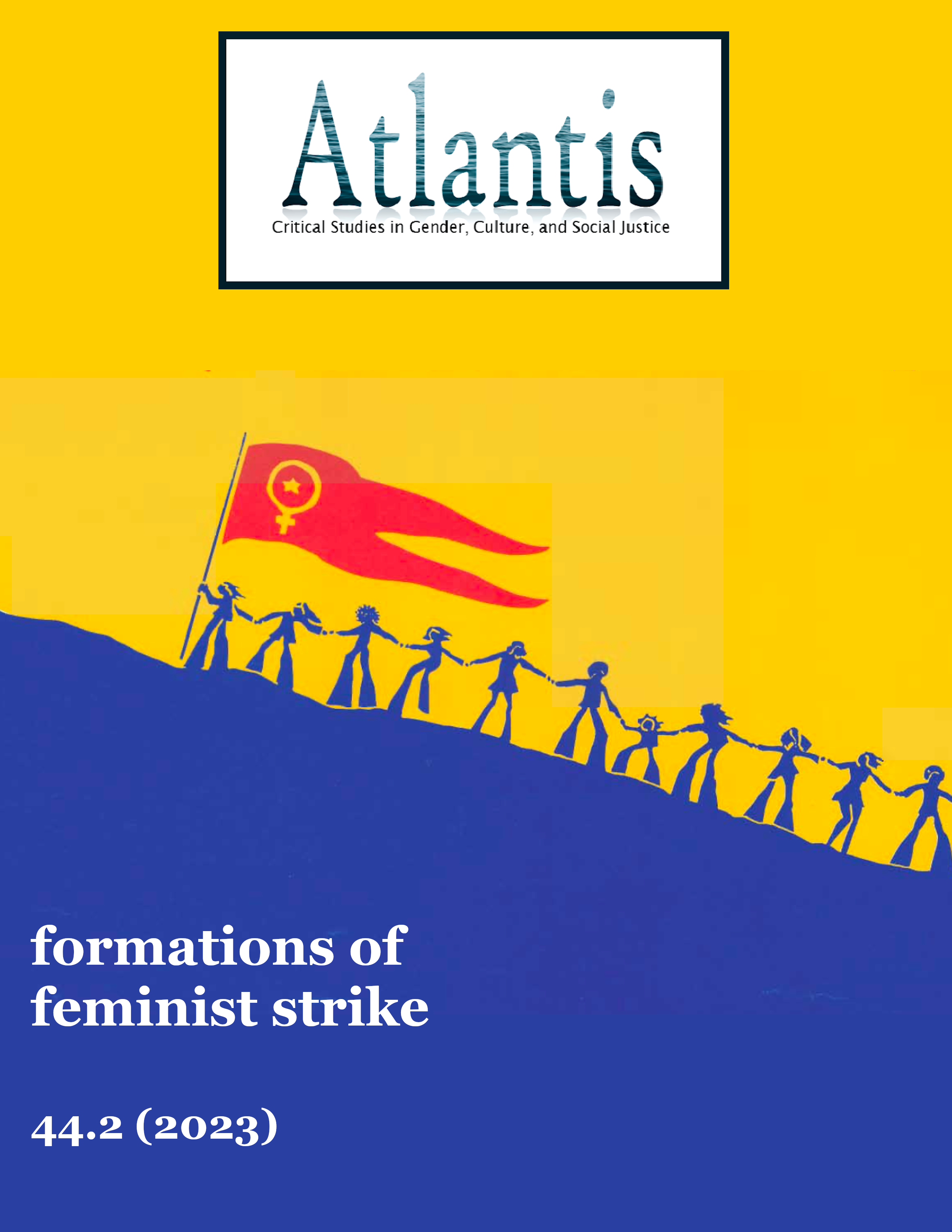The Politics of "Pombilai Orumai": The 2015 Kanan Devan Strike in Kerala, India
Keywords:
colonialism, plantations, trade unions, women's strike, wagesAbstract
Colonial hegemony was retained in the South Indian plantations of Kanan Devan Hills Plantations Limited, where the workers belonged to marginalized classes. The landless employees were given housing facilities, and this compelled them to remain there for generations despite poor wages. These uneducated and geographically secluded people found it difficult to come out of the plantation labyrinth, and the labour acts or land legislation acts were not much help. In 2015, around 5,000 women workers called “Pombilai Orumai” led a successful strike for a wage increase. The most remarkable aspect of this was the disassociation with political parties and trade unions and the solidarity of women workers despite all odds.
Metrics
References
Baak, Paul Erik. 1997. Plantation production and political power: plantation development in south-west India in a long-term historical perspective, 1743-1963. India: Oxford University Press.
Muthiah, S. 1993. A Planting Century: The First Hundred Years of the United Planters’ Association of Southern India. Delhi: East West Press.
Raj, Jayaseelan. 2022. Plantation Crisis: Ruptures of Dalit life in the Indian Tea Belt. London UK: UCL Press.
Raman, Ravi K. 2010. Global Capital and Peripheral Labour: Political Economy of Tea Plantations in Southern India c. 1850-1950. London: Routledge.
Thampi, B.V. 2015. “Thozhilinte Rashtreeyam; Penninte Prakshobham.” Mathrubhumi Weekly. October 4. (in Malayalam).
Downloads
Published
Issue
Section
License
Copyright (c) 2023 Anagha S.

This work is licensed under a Creative Commons Attribution 4.0 International License.
Authors who publish with this journal agree to the following terms:
1. Authors retain copyright and grant the journal right of first publication, with the work simultaneously licensed under a Creative Commons Attribution 4.0 International License that allows others to share the work with an acknowledgement of the work's authorship and initial publication in this journal.
2. Authors are aware that articles published in Atlantis are indexed and made available through various scholarly and professional search tools, including but not limited to Erudit.
3. Authors are able to enter into separate, additional contractual arrangements for the non-exclusive distribution of the journal's published version of the work (e.g., post it to an institutional repository or publish it in a book), with an acknowledgement of its initial publication in this journal.
4. Authors are permitted and encouraged to preprint their work, that is, post their work online (e.g., in institutional repositories or on their website) prior to and during the submission process. This can lead to productive exchanges, as well as earlier and greater citation of published work. Read more on preprints here.






